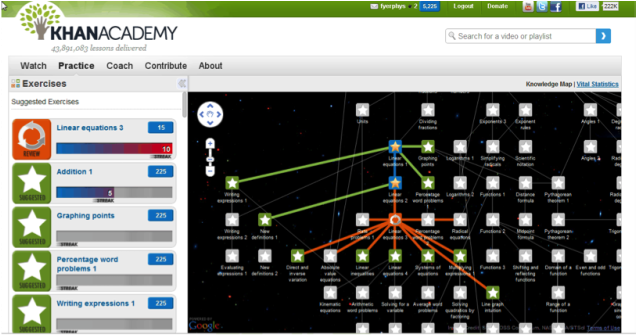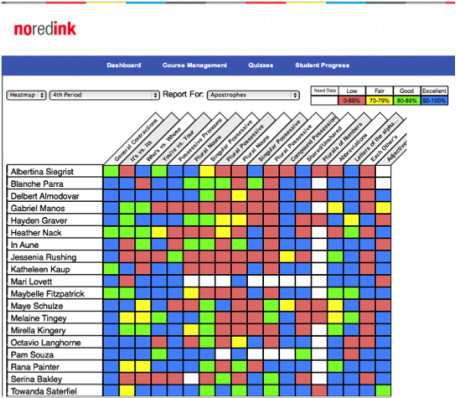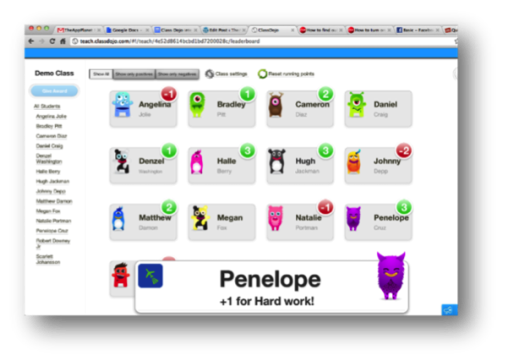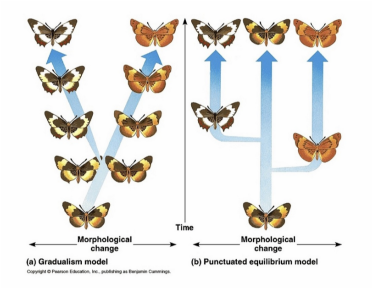tl;dr — In five years we will not need standardized tests. Instead, the tech tools used in teaching will provide a benchmark of exactly what students know and have been able to achieve in their learning to date through data tracking and dynamic portfolios.
--------
Standardized testing is eating education alive, and to what end? The underlying value proposition is strong: test students so you can track their progress, know how efficacious their teachers are, and benchmark one state against another. We’ve come a long way with the tests, and by 2015 the United States will (theoretically) begin administering them all online with the help of companies like PARCC and Smarter Balance.
Yet improving incrementally on this summative and standardized system will not get us where we need to go. Rarely are the tests designed in a way that allow students to demonstrate deep thought, reflection, or knowledge. Moreover, in a world that increasingly cares less about structure and 9-5 work weeks, the tests do not account for different learning or performance styles.
Luckily, the technology tools being developed in education today will gradually replace standardized testing by offering a snapshot of student understanding. Consider the three examples below as replacements for standardized testing, showing progress in grammar, math, and behavior.
--------
Standardized testing is eating education alive, and to what end? The underlying value proposition is strong: test students so you can track their progress, know how efficacious their teachers are, and benchmark one state against another. We’ve come a long way with the tests, and by 2015 the United States will (theoretically) begin administering them all online with the help of companies like PARCC and Smarter Balance.
Yet improving incrementally on this summative and standardized system will not get us where we need to go. Rarely are the tests designed in a way that allow students to demonstrate deep thought, reflection, or knowledge. Moreover, in a world that increasingly cares less about structure and 9-5 work weeks, the tests do not account for different learning or performance styles.
Luckily, the technology tools being developed in education today will gradually replace standardized testing by offering a snapshot of student understanding. Consider the three examples below as replacements for standardized testing, showing progress in grammar, math, and behavior.

Example 2: Khan Academy provides an entire concept map of interlinked algebra concepts, showing a snapshot of a students understanding and what ideas they are prepared to learn next. This type of data is much more valuable than a 680/800 on a math test because you can see how they have approached learning, explored, and pushed themselves and silly mistakes are not overvalued in the algorithm.
Proponents will tell you that a testing environment is good — that, in the real world, students need to perform in a given moment and they need to learn to deal with the stress. From this perspective, allowing performance on tools like Khan Academy or NoRedInk to count makes no sense because students can practice and refine their solutions. Yet the real world is much more forgiving —I am constantly doing drafts of papers, revisions to presentations, and consulting the team when I need help evaluating investment opportunities.
The gradual shift away from standardized testing towards the performance snapshot model will change the conversation from “what was my grade” to “how can I better understand?” And what better goal of primary and secondary education than to have students exit with an inquisitive drive and having learned how to learn?



 RSS Feed
RSS Feed
